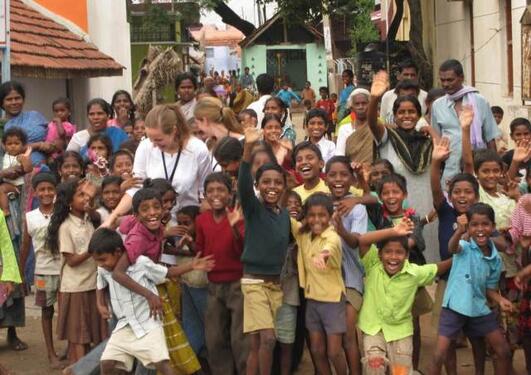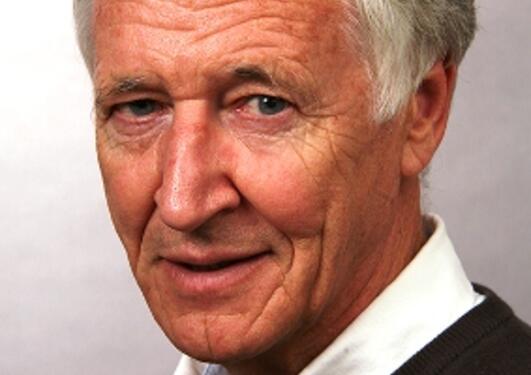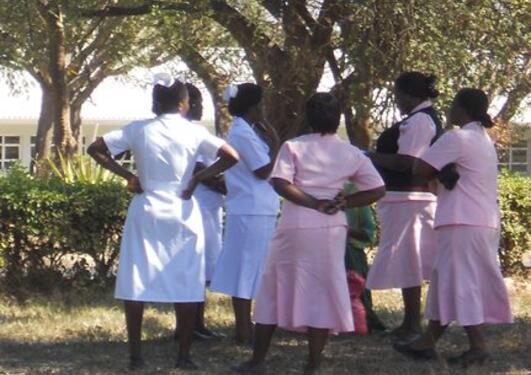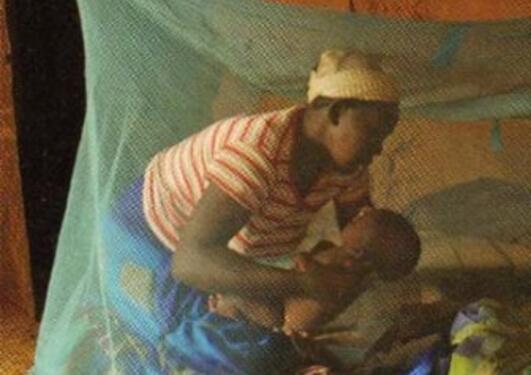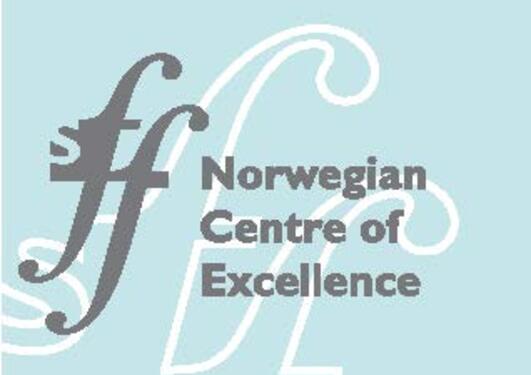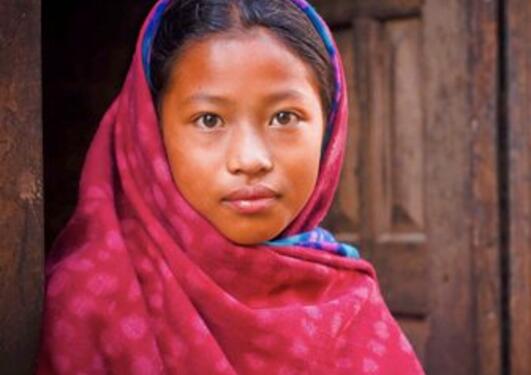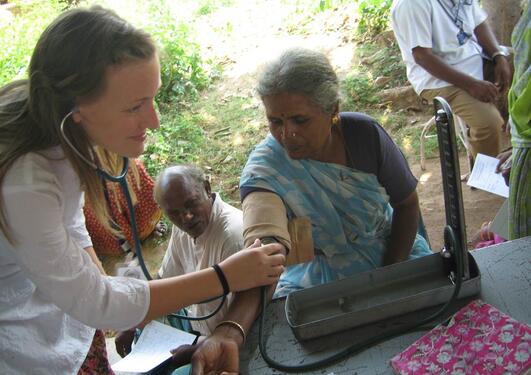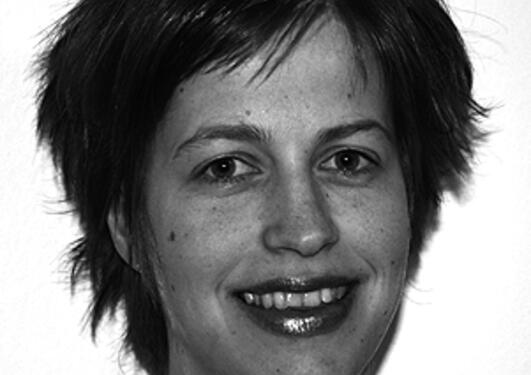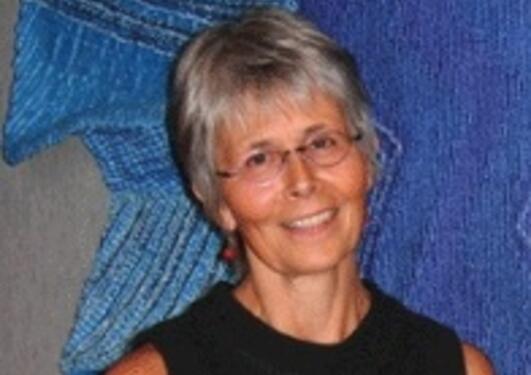News archive for Department of Global Public Health and Primary Care
The Research Council of Norway has granted 13 research groups status as Norwegian Centres of Excellence (SFF centres), among them the CIH based Centre for Intervention Science in Maternal and Child health.
In a qualitative study 263 car mechanics were interviewed to examine decisions of absence versus attendance when feeling ill.
In a new publication based on master theses, the predictive validity of ÖMPQ was compared with the clinicians prognostic assessment of pain and functional outcome after 8 weeks of manual therapy treatment.
In Africa neurological disorders are a common cause of disability and death. The textbook “Neurology in Africa” is specifically written for Sub-Saharan Africa by Dr. William Howlett, physician and neurologist in Tanzania.
In Tanzania, health workers in rural areas prefer to work in the public sector, even though the church-run hospitals mostly provide better patient care and are better equipped. A favourably pension scheme seems to be part of the reason.
Malaria remains a major public health problem worldwide. Researchers at CIH, the Bjerknes Climate Centre and in Ethiopia are collaborating to strengthen malaria research and now initiates a new project.
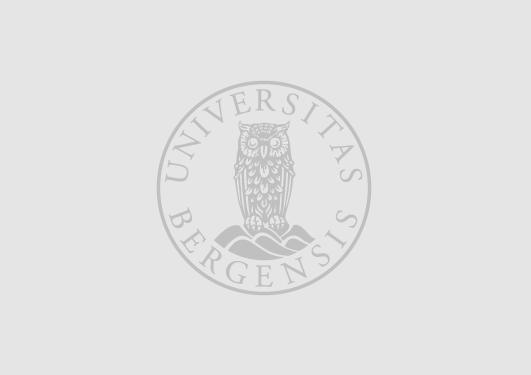
The PhD candidate Sara Ghaderi has recently published an article in Cancer Causes and Control about changes in risk of cancer death among young patients (0-24 years). The results show that the difference in risk of deaths between the cancer patients and the general population has been substantially reduced since 1965.
PhD candidate at CIH, Robert Byamugisha, presented his poster at the 38th Congress of the Nordic Federation of the Societies of Obstetrics and Gynaecology (NFOG), and was awarded the prize for best poster.

The Physiotherapy Research Group is represented with 3 posters
Thorkild Tylleskär and his colleagues received the Faculty’s award for the best publication of the year for their Lancet article on breastfeeding in the south of Africa.
The top research groups in Norway are now competing for status as Centres of Excellence (SFF centres). Centre for Intervention Science in International Maternal and Child Health is in the final round.
Serious infections cause a lot of child deaths in developing countries. A study in India focuses on the effect of zinc as a supplement to antibiotic treatment. The findings, which are now published in the Lancet, showed that zinc reduced treatment failure by 40%.

Håkon Hofstad presents a poster with first results from the ESD stroke Bergen study at World Federation for Neurorehabilitation congress in Melbourne
WHO recommends exclusive breastfeeding as the best way of reducing ill-health and infant mortality. However, a new study shows that in Nepal few mothers receive any information on this, and hardly anyone practice it for the recommended period.
National Science Week 2012 will be focused around “Society” as its overall theme. The research festival will seek to shed light on the human condition – on people’s lives as individuals, as members of groups and in relation to the world at large.
The Global Health Course, which recently was awarded for high academic quality, has just finished this year’s uptake. A lot of students want to learn more about global health, and the number of applicants made this a record uptake.
Health workers in conflict areas make a remarkable effort in the medical field, but also in violence prevention and peace building. Seven free online courses are now launched for those who want to learn more about medical peace work.
Due to her passion for teaching in Social Pharmacy and the involvement in the Masters Programme in Pharmacy in general, Associate Professor Kjersti Bakken has been honoured with the Generica Award 2011.
Pages
- 2025
- 2024
- 2023
- 2022
- 2021
- 2020
- 2019
- 2018
- 2017
- 2016
- 2015
- 2014
- 2013
- 2012
- 2011
- 2010
- 2009
